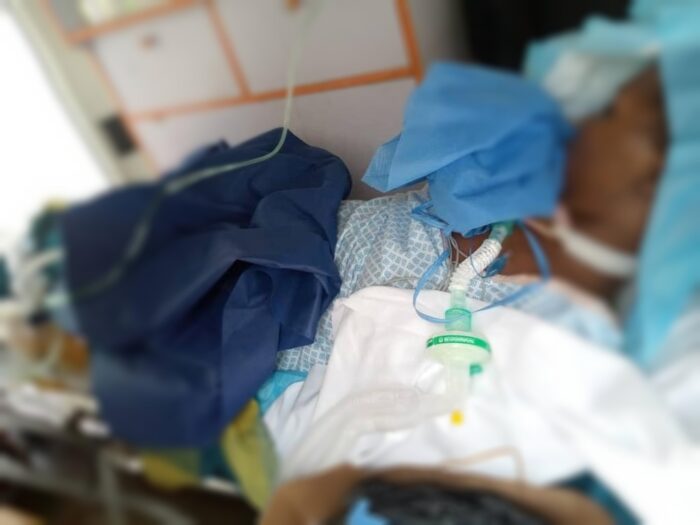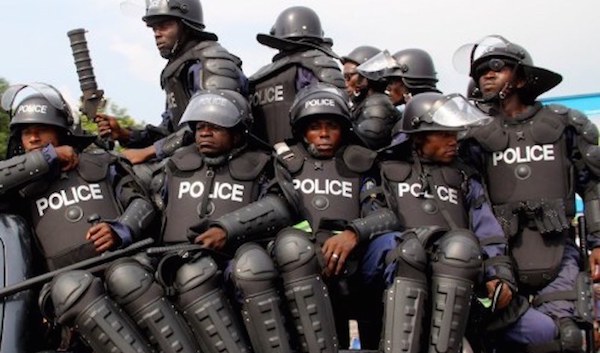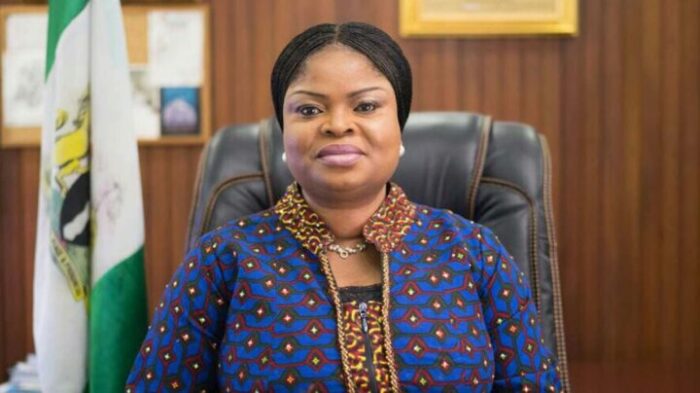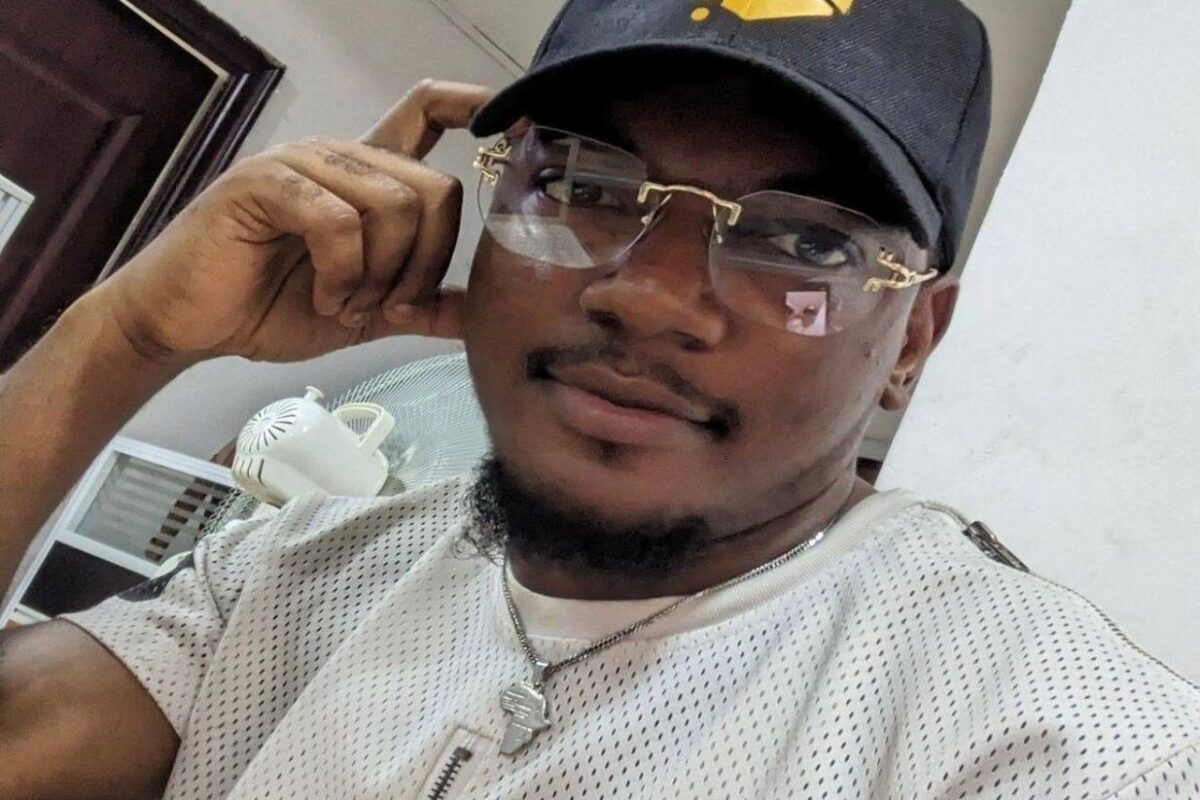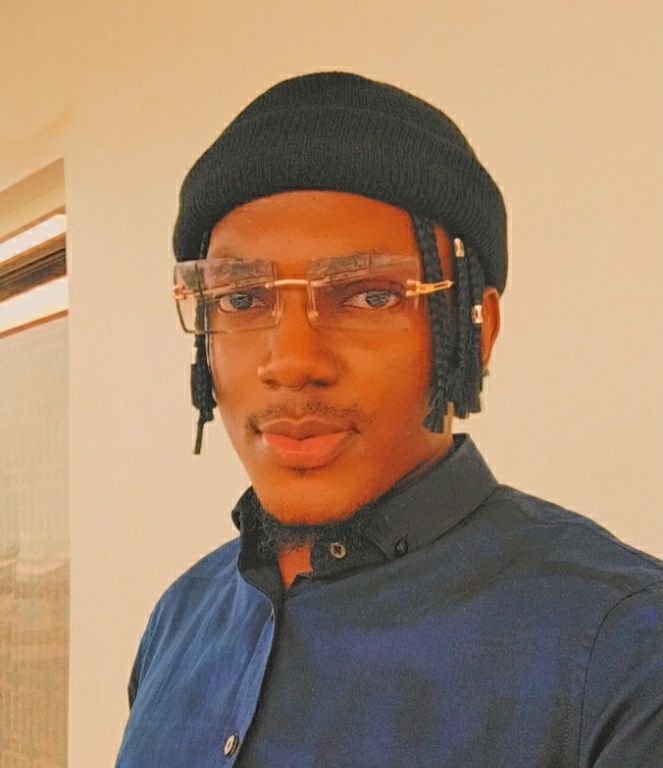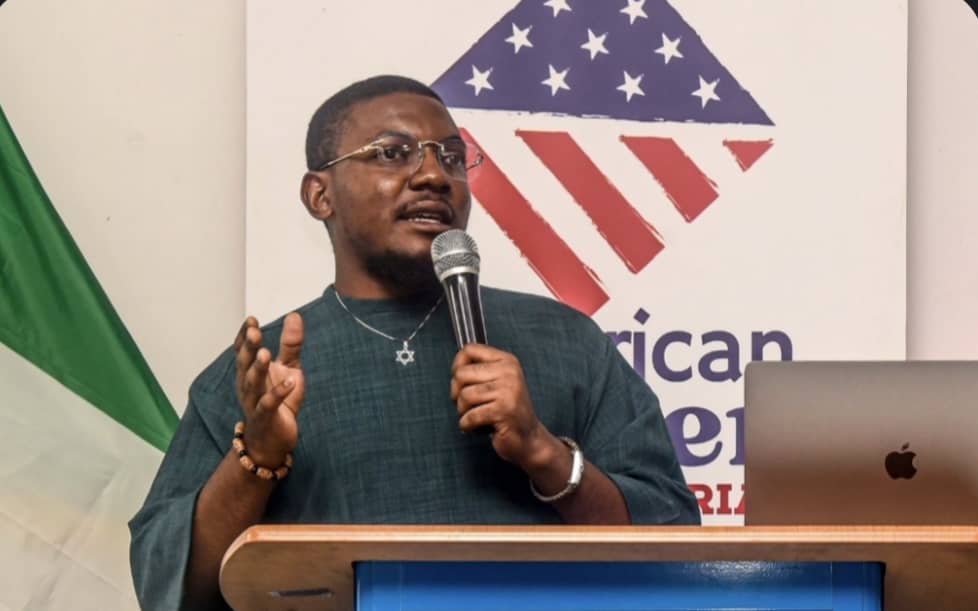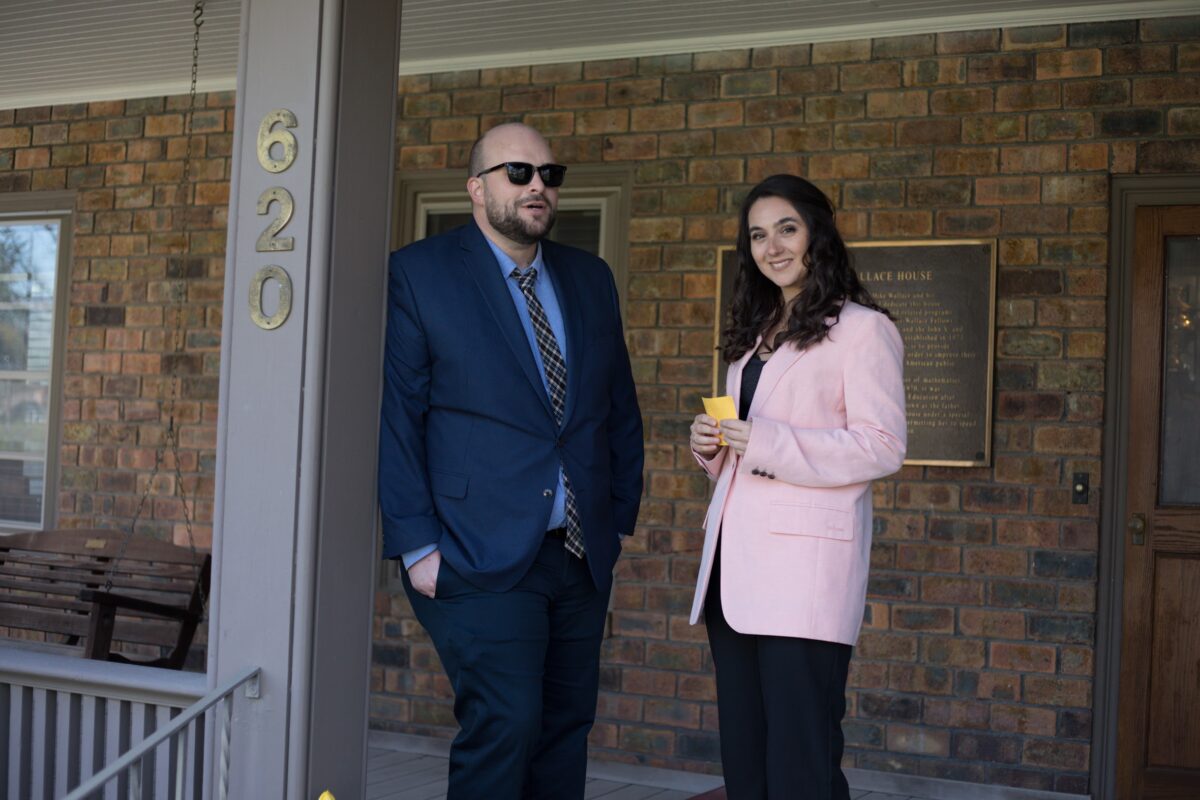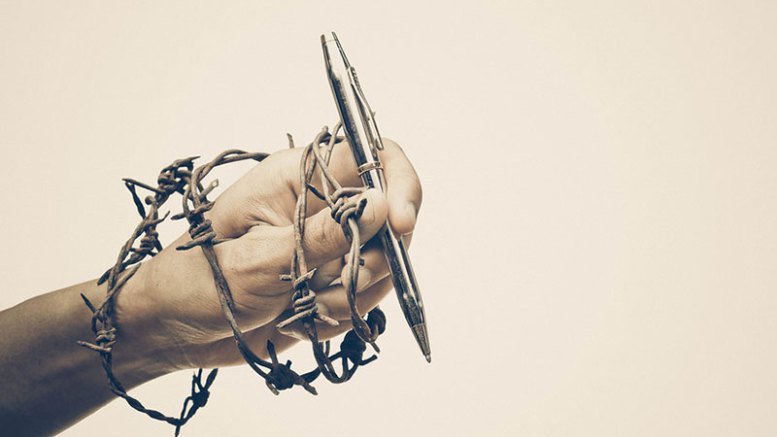When 33-year-old Chinwe (real name withheld) died within 48 hours of getting to Nigeria, Dr Daniel Abdu, a medical practitioner in Abuja, thought about Nigerian citizens who needed critical medical interventions but could not fund them.
On October 7, Chinwe, who had been living in Dubai for around three years, was to be transferred to the National Hospital in Abuja due to HIV-related complications.
She died two days later as a result of the poor attention given to her at the government hospital.
Before Chinwe’s transfer, she had been receiving medical care at the King’s College Hospital in Dubai for some months.
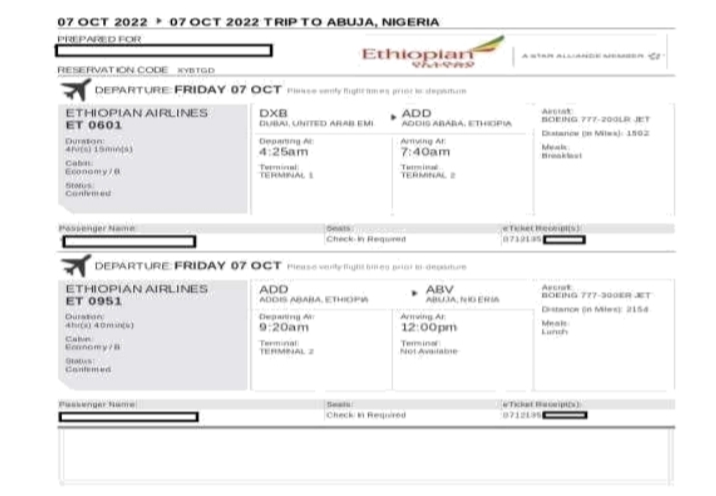
While exposing the series of events that led to the death of the deceased, Dr. Abdu, who is a member of the InstaMedic Healthcare, said Chinwe was transferred because Dubai has limited access to the required medications due to the country’s conservative culture.
READ ALSO: ‘Medical Negligence’ at Two Lagos Hospitals Results in Death of Promising Ladies
InstaMedic Healthcare partners with Blue Dot team, Dubai, a health care service provider involved in medical tourism and international medical transfer of patients among African countries, UAE and others, FIJ learnt.
‘HER DEATH COULD HAVE BEEN AVOIDED’
FIJ gathered that despite the complications Chinwe suffered, she would have been alive if the country’s health care system had made adequate provision for patients with clinical illnesses, particularly those who needed a social support system.
According to Dr Abdu, if a country like Dubai could effectively cater to the medical needs of the deceased for many months, Nigeria, where Chinwe could have easily accessed the medical assistance she needed, could have done much more.
“There is a possibility she would have survived if hospitals would stop rejecting patients for silly excuses, throwing them out to their fate to fight for survival,” he told FIJ.
“She would have had a reason to recover if our health care systems had adequate infrastructure. For instance, it is appalling that government hospitals in Abuja don’t have more than 12 ventilators, and it is very hard to find an ambulatory ventilator should a patient decide to move from one hospital to another in a critical state.
“Dubai had successfully treated her for many months and even was able to transfer her to Nigeria without any alarm, but alas, within 48 hours on arrival to Nigeria, she died without one Nigerian hospital being able to write a medical report for her care.
“Her repatriation was for her to access more care in Nigeria as HIV medications are offered to patients for free in Nigeria. The complications she died of are similar to the complications a child with malaria dies of. HIV can be well controlled with medications but causes a lot of health complications if not under proper control.”
A VICTIM OF ILL-EQUIPPED AMBULANCE AND REJECTION
When Dr Abdu was first informed about Chinwe’s repatriation from Dubai to a public hospital in Abuja on September 1, he had swiftly set plans in motion to aid the transfer.
The doctor sent the patient’s medical report to the National Hospital, Abuja, and the hospital managers agreed to continue the care of the patient.
“As required of a formal transfer system of patients from one country to another following international medical travel standards and internal protocols, a receiving hospital is expected to be notified ahead and well informed on the need to make ready logistics for the care of the said patient. The reasons for the transfer of the patient were adequately discussed with the Nigerian High Commission in Dubai.
“The National Hospital was notified on September 8, 2022, of the need for repatriation to receive the patient. They were also told about the need to draft an acceptance letter for further processing of travel documents and to meet up with internal protocols of Blue Dot Team for transfer of patients.
“An informal letter and positive verbal responses from the hospital managers of the National Hospital were obtained, showing both willingness and readiness to continue care of this patient in the said hospital following the medical report sent.
“The National Hospital could not write out a formal letter as an acceptance letter since they felt the referring institution did not officially direct a letter of request to them, aside from the medical report of the said patient that was to be transferred. However, the managers of the National Hospital, including the duty manager, HOD of family Medicine and CMAC, said since the patient to be received was a Nigerian citizen, she would be well attended to at the hospital arrivals.”
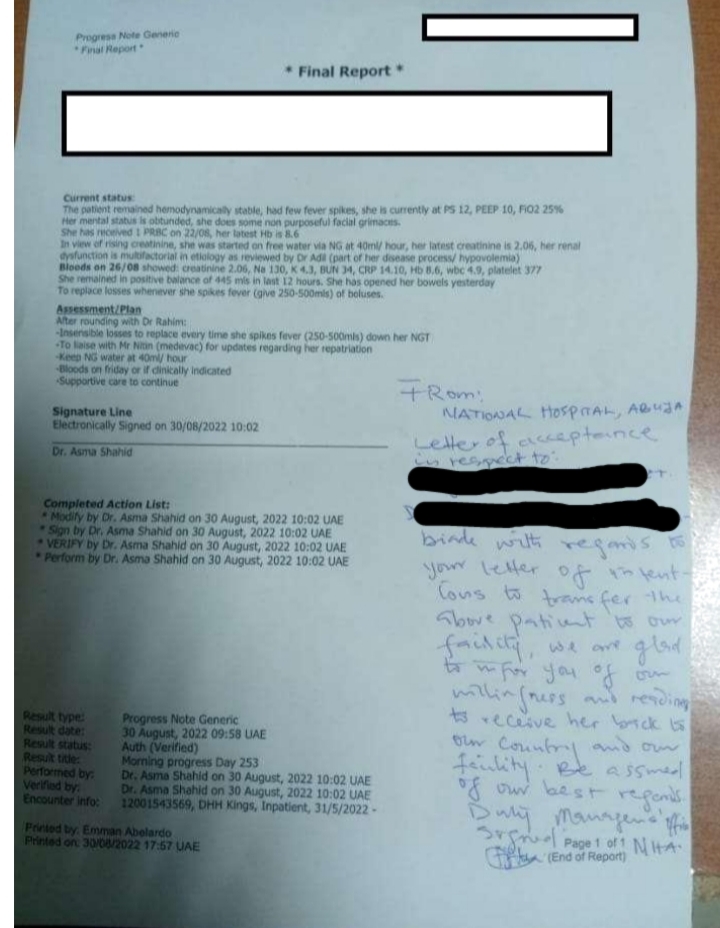
FIJ gathered that paper documentation and other verification exercises were commenced following the assurance of the National Hospital, and Chinwe arrived at the Nnamdi Azikiwe Airport in Abuja on October 7, 2022, by 1 pm.
However, the ambulance that received the patient at the airport did not have ventilatory support, so the patient was transferred with a mobile ventilator to the National Hospital in the company of the BlueDot team.
When the transfer team got to the hospital’s emergency room around 2:30 pm, no effort was made by the hospital to attend to the patient, as she was left in the ambulance.
To worsen the situation, the manager on duty said the hospital would not admit the patient because she had not receive any phone call about the patient on that particular day.
This development came as a surprise because two days before the patient got to Nigeria, Dr Abdu had gone to the National Hospital to tell them about the patient’s arrival, with emphasis on the need for a seamless transfer.
“While being at the ER on the arrival date, I had to restate that a necessary arrangement had been done for this patient before arrival, and possibly, we could still get a makeshift arrangement to be given for her care at the National Hospital due to her critical state,” he said.
“It was at this point that the ER team bothered to make an assessment of Ms. JNN, who was still in the ambulance, to know if they could still take this patient for admission.”
FORCED TO SEEK ALTERNATIVE HOSPITAL
“Efforts were stepped up to still ensure that the National Hospital took this patient, as this was clearly an emergency case and further transfer might worsen the clinical outcome. There had not been a feasible alternative arrangement to receive this critical patient in the ambulance.
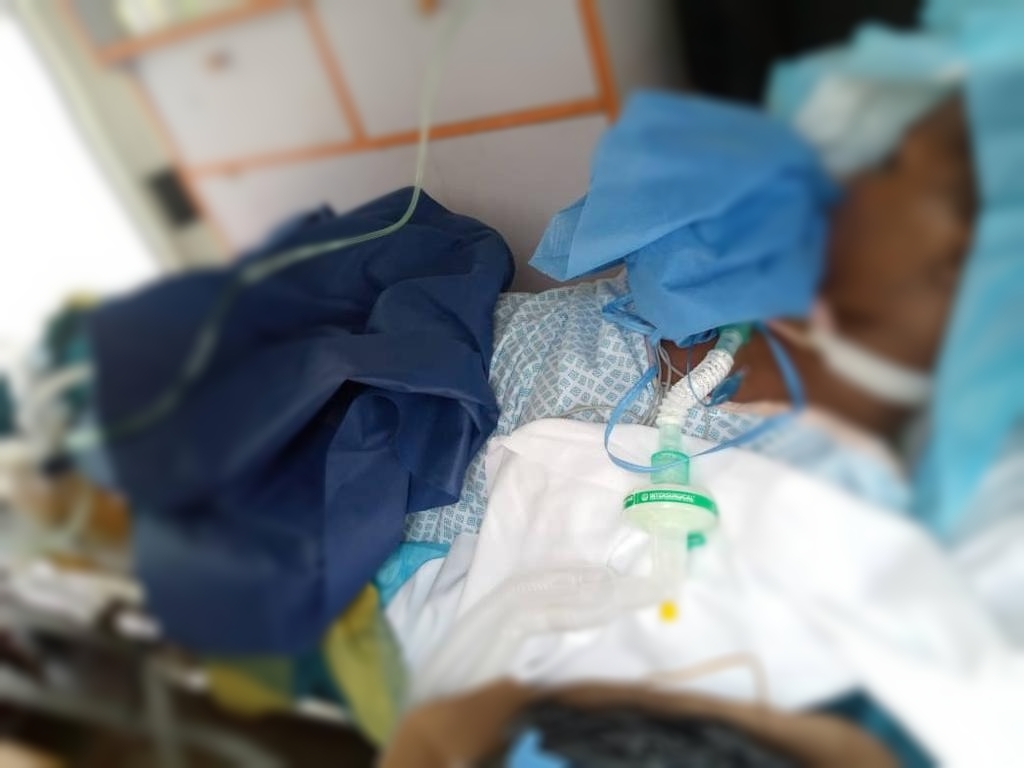
“The ER reached out to the anaesthetic team on call, who they had been trying to reach via phone but was not answering; hence, they had to search for him within the hospital premise while I still made efforts to escalate to other hospital managers on the need for action by the hospital,” Dr Abdu told FIJ.
Chinwe would later spend two hours in the ambulance due to the foot-dragging and lackadaisical attitude of the health workers at the National Hospital.
After futile attempts to make the hospital admit the patient, the transfer team was advised to seek an alternative hospital because the only two ventilators available at the National Hospital were in use at the time.
Dr Abdu revealed that “at about 4 pm, the registrar in the anaesthetic department came to the ambulance to review the patient while still being on a mobile ventilator that was being run on power bank with a battery life of 3 hours.
“The registrar of the anesthetist team on call told us that there was a bed space in the intensive care unit. However, there was no ventilator for us, as the only two ventilators in the hospital were in use.
READ ALSO: Four Newborns Died in a Delta Hospital. Their Doctor Was ‘Found Drunk’
“This was escalated to the head of the department of emergency operations, who asked us to seek alternative options to transfer her to another facility that might have ventilators.”
Faced with the option of seeking an alternative health facility, Dr Abdu reached out to other government hospitals in Abuja for the possibility of receiving the patient but they all rejected Chinwe either because there was no ventilator or the available ones were in use.
“Federal Medical Centre, Jabi, said they had no ventilator. A doctor apparently had to visit the ICU to see if they could urgently arrange for her admission.
“The University of Abuja Teaching Hospital said they had only two functional ventilators. The other ones were faulty and would have to be repaired.
“Garki Hospital said there was no ventilator initially available. They later said they had one but would treat Chinwe as a private patient, but we had already taken her to a private facility then.”
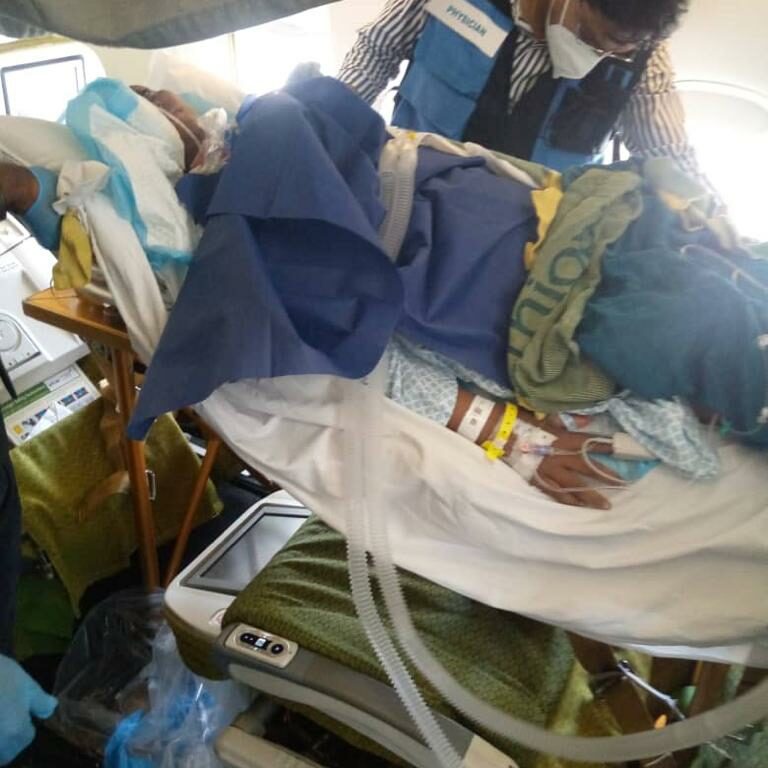
FIJ learnt that all this while, the patient was still being cared for in the ambulance with a mobile ventilator, but considering that the ventilator could only last for three hours, it could go off anytime.
The transfer team resorted to taking Chinwe to a nearby private health centre. But before then, they had to discuss with a donor from Dubai who volunteered to release some funds for the patient’s care in Nigeria.
The conversation was geared towards the need for an extension of funds to cater for a private facility in Abuja, but the donor declined, stating that the funds would not be sustainable except the patient’s relatives stepped in.
“Due to the urgency of the situation, a resolution was made at 4:10 pm to transfer the patient to a nearby private hospital in Abuja with the available limited funds as other solutions of getting an ambulance with ventilatory support, should the mobile ventilator go off, wasn’t feasible.
“She was successfully transferred to Limi Hospital ICU at 5 pm that same day with a financial commitment of N250,000 out of the N1.5 million that was meant to be the initial admission deposit.”
PATIENT’S FAMILY UNAVAILABLE, FUNDS UNSUSTAINABLE
Amid the transfer and rejection saga, several efforts were made to involve the patient’s family members, but they refused to help.
Dr Abdu said the problems arising from the unavailability of relatives and unsustainability of funds were escalated appropriately to the Garki Police Division.
After deliberations on the next line of action, the Divisional Crime Officer (DCO) concluded that it was a civil case and doctors should do the needful for the patient as expected.
“We were faced with a dilemma. One, would Limi Hospital continue ventilatory support despite the fact that funds were no more forthcoming? Two, would more funds be made available for continued care in a private facility by the donor? Would relatives decide to turn up? If the answers to these questions were not got, what would be our next line of action?
“I had to reach out to lawyers on a voluntary basis to know our best possible options, as it was a weekend and it was difficult getting the attention of most regular government workers.”
REJECTED AGAIN
While the transfer team was working on the possible options, the patient was referred back to the National Hospital on October 8 due to the challenge of funds.
The transfer team had to make the relatives aware of the implications of their refusal to support her and how lack of funds could lead to Chinwe’s demise.
“Blue Dot team reached out to Mr. Chinedu, who said from his viewpoint, the larger family had presumed her dead and as such did not want to make any financial contribution.
“Due to the unavailability of a mobile ventilator and the unavailability of ambulance with an oxygen cylinder at that point in time, a poorly equipped private ambulance was hired to transfer the patient to the National Hospital.”
At the National Hospital, the patient was rejected for the second time and was referred to the University of Abuja Teaching Hospital (UATH).
“On arrival at the National Hospital at about 4:30 pm on October 8, communication was re-established following the earlier logistics made with them on the need to expedite actions to admit her and give her a chance for survival.
“The patient was noted to still make spontaneous respiratory efforts off the ventilator with the tracheostomy tube in-situ with the following vital signs as assessed: 1 pulse rate, 137bpm, and spo2 as 95% in room air.
“The National Hospital declined receiving the patient again after making her wait in the ambulance for 2 hours. We were told to go to the University of Abuja Teaching Hospital, which was an hour and 30 minutes by road from the hospital.
“On arrival at the University of Abuja Teaching Hospital at about 7:30 pm, we were received at the medical emergency, but the patient was still kept in the ambulance for another two hours for some internal discussions among the medical team on call for the possibility of receiving the patient for treatment at the UATH.”
The UATH also refused to admit Chinwe because they would not want to take a patient with a long-term illness, and while they admitted that the patient was unstable and needed an emergency intervention, they said it was best to have the National Hospital attend to her.
Since Chinwe’s treatment would require a long-term management, the hospital advised that the transfer team try a hospice home.
“Note that she had been in the private ambulance since 4 pm that same day following the referral from Limi Hospital, and by 9 pm she was still in the ambulance without ventilatory support, oxygen or IV fluids.
“This private ambulance had roughly charged N60,000 for her transfer. A decision had to be hurriedly made as funds for private ambulance was getting exhausted at around 9:30 pm and the managing team were getting worn-out.
“Options of further transfer back to the National Hospital from UATH wasn’t a feasible one following the repeated attempts made with the National Hospital earlier.
“A decision made in order to avoid unnecessary procurement of bills and due to unavailability of funds was to have the patient managed in my private residence. From 10:30 pm, there were limited options due to the several constraints. IV fluids and other basic nursing care services were immediately provided while efforts were ongoing for appropriate escalation.”
FIJ learnt that Kado Kuchi Police Station was informed, and then Dr. Charles Ugwuanyi, the Nigerian Medical Association (NMA), FCT chairman.
DEATH CAME KNOCKING ON THE WAY TO FMC JABI
The doctor noted that around 9:20 pm on October 9, while on IV fluids, Chinwe was mobilised to be transferred to FMC Jabi.
“While on motion, Ms. JNN was noted not to make a respiratory effort, and was unresponsive to call with cold clammy extremities. CPR was immediately commenced while on transfer to FMC Jabi.
“On arrival at FMC Jabi, she was assessed as a case of Brought In Dead (BID) by the medical team on call (MTOC) and was advised to be transferred to the mortuary.”
If the National Hospital had accepted the deceased, she would have paid for ventilator services at subsidised rates, and it would have made sense to rally funds for her treatment, noted Dr Abdu.
“Secondly, the HIV medications would have been given to her free of charge and commencement of the HIV drugs on time would boost her survival and even give her a reason to be off a ventilator,” he said.
After sourcing for and paying the bills for transfer to the mortuary, efforts were made to update Chinwe’s relatives and the appropriate authorities on the development.
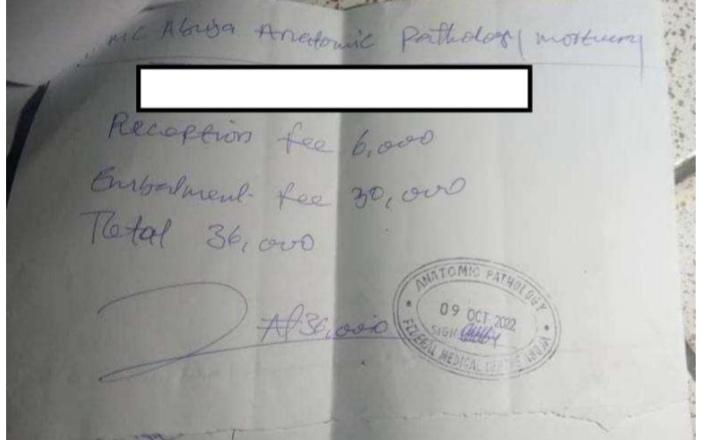
“The relative refused to receive even her corpse in their home town and has not given us access to the patient’s mother or any other first-degree relative.
“The team’s discussion with the relative showed that he does not have the financial capability to even pursue a court order, which would have enabled us proceed with the necessary protocols involved in burying her in Abuja. “
Following its inability to get the family’s cooperation, the transfer team notified the mortuary that any concern on the corpse should be channelled to the relatives directly.
Commenting on the incident, Dr Abdu said: “What kind of a healthcare system keeps a patient in an ambulance for two hours, even in a critical case? It took over one hour before the anaesthetic doctor could get to the ambulance even though he was on duty. Why has it become so convenient for government hospitals to reject or decline patients? They give inexcusable reasons. Patients have to scramble for some favours before they can get attended to.
“What are the protocols for emergencies in government hospitals? Shouldn’t be timeliness be part of the protocols for life-saving interventions. All the government hospitals reached out in this case took at least two hours before a definitive decision was made. A patient can simply die during this waiting time.”
Meanwhile, when FIJ contacted Mr Chinedu for comment on the matter, he said, “It is a taboo to bury her corpse because we don’t know what killed her. She had left the house for around three years, and we did not hear from her since. Also, we don’t have money to bury her. We have told them to bury her.”
FIJ also reached out to the Nigerian High Commissioner in Dubai, but he did not respond to the message sent to him.
In the same vein, the National Hospital, Abuja, was contacted, but the representative told FIJ that the conversation could not be had via a phone call.
Subscribe
Be the first to receive special investigative reports and features in your inbox.


